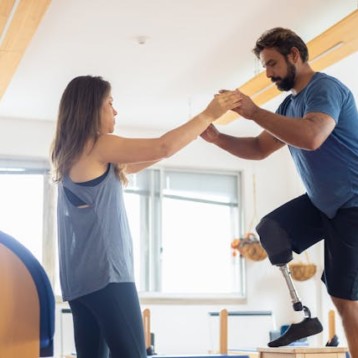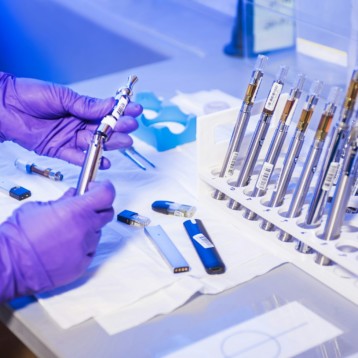When you work in a home office as a telecommuter, it’s important to sleep well. However, sleeping is sometimes difficult. There are several steps you can take to sleep better. Many of these tips are home remedies that you can easily manage before bedtime, but other sleep issues need the attention of a professional. Knowing how to sleep better will help you be more alert during the day.
Potential Causes of Poor Sleep

Insomnia is difficulty falling asleep or staying asleep. It is divided into acute, short-term insomnia and chronic insomnia. Short-term insomnia occurs under stressful life conditions, while chronic insomnia is likely due to changes in the environment, shift work, clinical disorders, unhealthy sleep habits and certain medications. Side effects of insomnia include fatigue, difficulty concentrating, mood disturbances, and low energy. Both can be helped with the removal of stressful situations.
For better sleep, it’s important to examine the likely causes of insomnia. Several potential causes include caffeine, alcohol, nicotine, sleeping pills, and bright lights.
Caffeine in drinks such as coffee and tea can keep you awake. You should avoid products with caffeine even four to six hours before bedtime. Alcohol too, like caffeine, can disturb sleep rhythms. While drinking alcohol acts as a sedative, it can then act as a stimulant, keeping you from a deep sleep. Refrain from drinking alcohol before bed for better sleep. Nicotine from tobacco is another stimulant. While not smoking is ideal, avoiding tobacco before bed should improve sleep.
While seemingly helpful, sleeping pills can have the exact opposite of their intended effect. They do so by causing dependency, at which point the efficacy wears off. They can also be extremely dangerous when combined with alcohol. Finally, natural sunlight determines our body’s rhythms. By using artificial light sources such as smartphones, computers, and tablets before bedtime, we negatively affect our body’s natural sleep cycle. Turn off devices at least an hour before bed to improve your sleep.
Other Good Habits for Better Sleep
In addition to tackling bad habits that cause insomnia, there are several good habits you can pick up to encourage better sleep.
Try light exercise three hours before bedtime to prime your body for sleep. Going to bed and waking at the same time each day also helps set your body’s internal clock. Clean your air filter to help you breathe easy, promoting better sleep. Dirty air filters in your air conditioner or furnace create dirty air, making it hard for you to breathe and therefore affecting your sleep. Clean or change your air filters, or contact the best place in Texas for air conditioning.
Sleep Apnea and Better Sleep
Sometimes, professional help is required for better sleep.
Sleep apnea is a medical problem that limits better sleep. People with sleep apnea often do not get the oxygen they need, preventing them from getting a good night’s rest. There are two forms of sleep apnea, obstructive and central. Obstructive apnea is airway blockage when the soft tissue in the back of the throat collapses. Central sleep apnea occurs when the brain fails to signal the body to breathe properly. Snoring and fatigue are common symptoms. Speak with your healthcare provider if you suspect sleep apnea is a problem interfering with better sleep.
If you have trouble sleeping, consider using one of the above tips to improve your body’s ability to get a good night’s rest.










